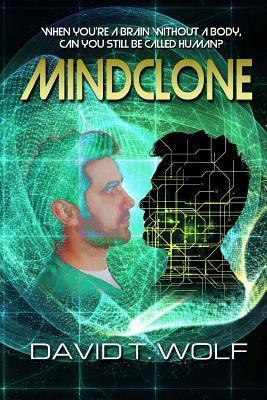What do you think?
Rate this book


349 pages, Paperback
First published March 7, 2013
The intro of this book surprised me. It started out as stream of consciousness, with what to my proofreading eye appeared to be mistakes. That bummed me out. But I kept reading.
And I found out that it was first-person dialogue from one character. That’s a nicely done intro, very Robocop.. Even the font is different. When a writer changes fonts to depict changes in a story, that writer gets a virtual high five from me.
It gets better. It’s about an artificial intelligence coming online and, naturally, bad guys want him to do their bidding.
This book is a 21st century version of Automan. That may be the highest compliment I can give anything.